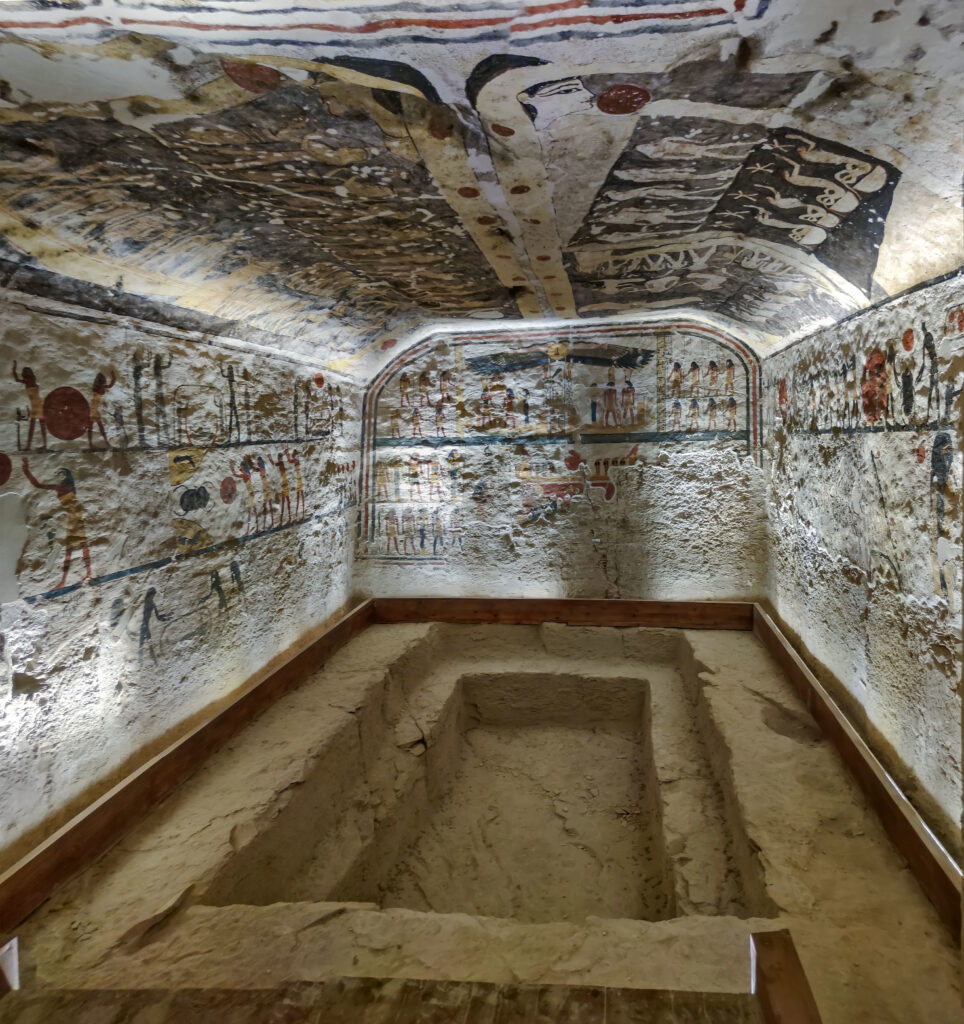The history of Egypt is one of the most ancient and rich histories in the world, spanning thousands of years. Here is a brief overview:
- Ancient Egypt (c. 3100 BCE – 332 BCE):
- Early Dynastic Period (c. 3100 BCE – 2686 BCE): The unification of Upper and Lower Egypt by King Narmer marked the beginning of the Early Dynastic Period.
- Old Kingdom (c. 2686 BCE – 2181 BCE): Known for the construction of the famous pyramids at Giza, including the Great Pyramid built for Pharaoh Khufu.
- First Intermediate Period (c. 2181 BCE – 2055 BCE): A time of political fragmentation and regional conflicts.
- Middle Kingdom (c. 2055 BCE – 1650 BCE): Characterized by stability, cultural development, and expansion of trade.
- Second Intermediate Period (c. 1650 BCE – 1550 BCE):
- Egypt faced invasions from the Hyksos, a foreign group that ruled parts of the country.
- New Kingdom (c. 1550 BCE – 1070 BCE):
- 18th Dynasty: Notable rulers like Hatshepsut and Thutmose III, expansion of the Egyptian Empire.
- 19th Dynasty: The period saw the reign of Ramses II and the construction of Abu Simbel temples.
- Amarna Period: Pharaoh Akhenaten introduced a monotheistic worship of the sun god Aten.
- Third Intermediate Period (c. 1070 BCE – 664 BCE):
- Political instability and the decline of central authority.
- Late Period (c. 664 BCE – 332 BCE):
- Invasions by the Assyrians, Persians, and Greeks.
- Hellenistic and Roman Period (332 BCE – 395 CE):
- Alexander the Great conquered Egypt in 332 BCE, leading to the Ptolemaic period.
- Cleopatra VII’s involvement with Julius Caesar and Mark Antony, ultimately leading to Roman control.
- Byzantine and Arab Period (395 CE – 642 CE):
- Egypt became part of the Byzantine Empire, followed by the Arab-Muslim conquest in 642 CE.
- Islamic Period (642 CE – present):
- Egypt became a center of Islamic culture and learning.
- Various dynasties ruled, including the Fatimids, Ayyubids, and Mamluks.
- Ottoman Rule (1517 CE – 1882 CE):
- Egypt became part of the Ottoman Empire.
- Modern Period (19th century – present):
- British occupation in 1882 marked the beginning of the modern era.
- Egypt gained independence in 1952.
- The construction of the Aswan High Dam in the 1960s.
Throughout its long history, Egypt has made significant contributions to art, architecture, science, and culture, leaving an indelible mark on human civilization.

Find places and hotels in Egypt.
Find more Africa gems.
